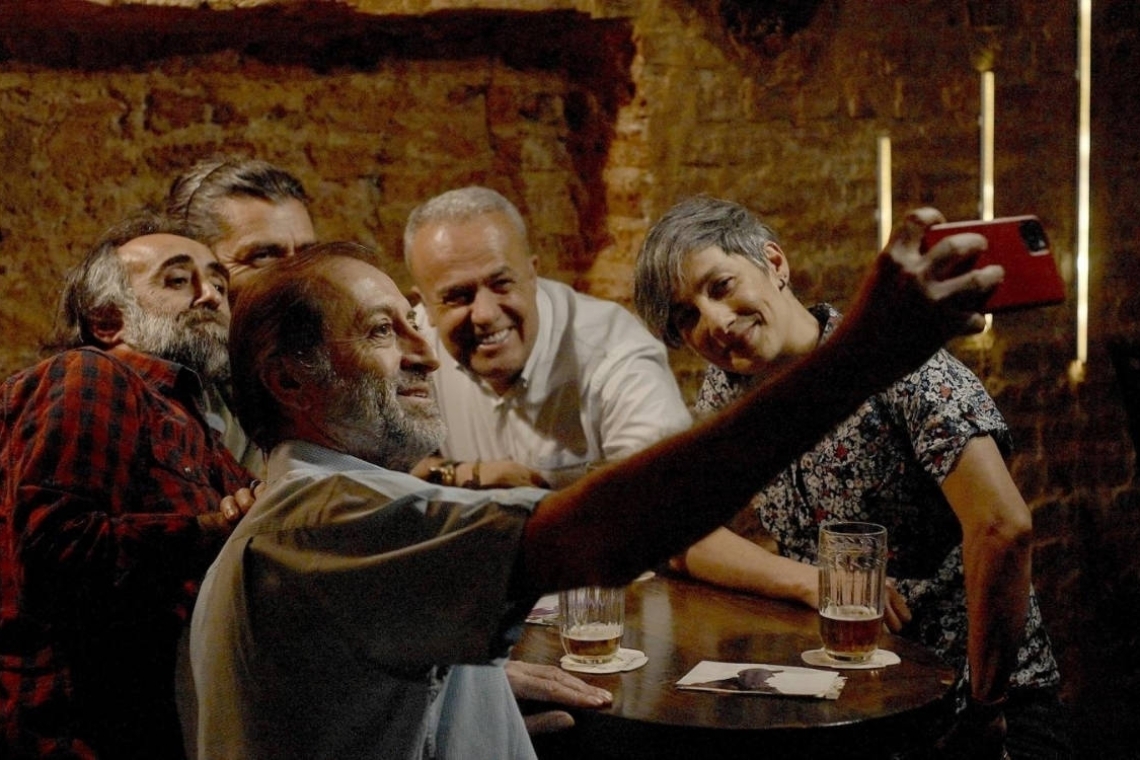Screening ban on Rojbash violates freedom of expression, press, and artistic rights, as well as the prohibition of discrimination
The Media and Law Studies Association (MLSA) has petitioned Turkey’s Constitutional Court to overturn a decision by the Ministry of Culture and Tourism that prevents the screening of Rojbash, a film directed by Özkan Küçük. The application argues that the ban constitutes a violation of constitutional rights and calls for its immediate repeal.
"A severe interference with artistic freedom of expression"
In its petition to the Constitutional Court, MLSA argues that the ban violates multiple fundamental rights protected under the Turkish Constitution and international conventions. These include freedom of expression (Article 26), artistic freedom (Article 27), and press freedom (Article 28) under Turkey’s Constitution, as well as Article 10 of the European Convention on Human Rights (ECHR), which safeguards freedom of expression.
The application also references past cases of bans on Kurdish-language plays and concerts, highlighting a 2007 ruling by the European Court of Human Rights (ECHR) that found Turkey in violation of freedom of expression for prohibiting Kurdish theater performances.
Furthermore, MLSA contends that the ban was imposed specifically because Rojbash is in Kurdish, arguing that this constitutes a breach of Article 14 of the ECHR, which prohibits discrimination.
The film has been screened at seven different festivals across five countries since 2023. However, in Turkey, it was banned from commercial screening by the Ministry of Culture and Tourism, which declared it “unsuitable for commercial distribution.” The ministry’s Cinema Evaluation and Classification Board justified the ban on the grounds of “public order, the protection of minors and young people’s mental health, and other principles set forth in the Constitution.”
Legal battle leading to the Constitutional Court
The film’s producers completed the official evaluation and registration process before applying for screening approval on May 17, 2024. However, on July 30, 2024, the Cinema Evaluation and Classification Subcommittee ruled that the film was "not suitable for commercial distribution." In response, the producers and MLSA challenged the decision in administrative court, but Ankara’s 3rd Administrative Court rejected their request to halt the enforcement of the ban. The Ankara Regional Administrative Court upheld the ban on Jan. 6, 2025.
After exhausting all domestic legal avenues, MLSA submitted an individual application to the Constitutional Court on Jan. 29, 2025. The petition also argues that the administrative court’s ruling violated Article 6 of the ECHR, which guarantees the right to a fair trial, as the decision was made without addressing the applicants’ defense and without substantiating the state’s arguments.
"This is arbitrary censorship, not a legal decision"
Commenting on the case, MLSA Co-Director Veysel Ok stated, “This ban is an arbitrary act of censorship. An artist’s right to self-expression cannot be shaped by certain ideological viewpoints.” He called on the Constitutional Court to overturn the ban and uphold the fundamental rights enshrined in the Turkish Constitution.



